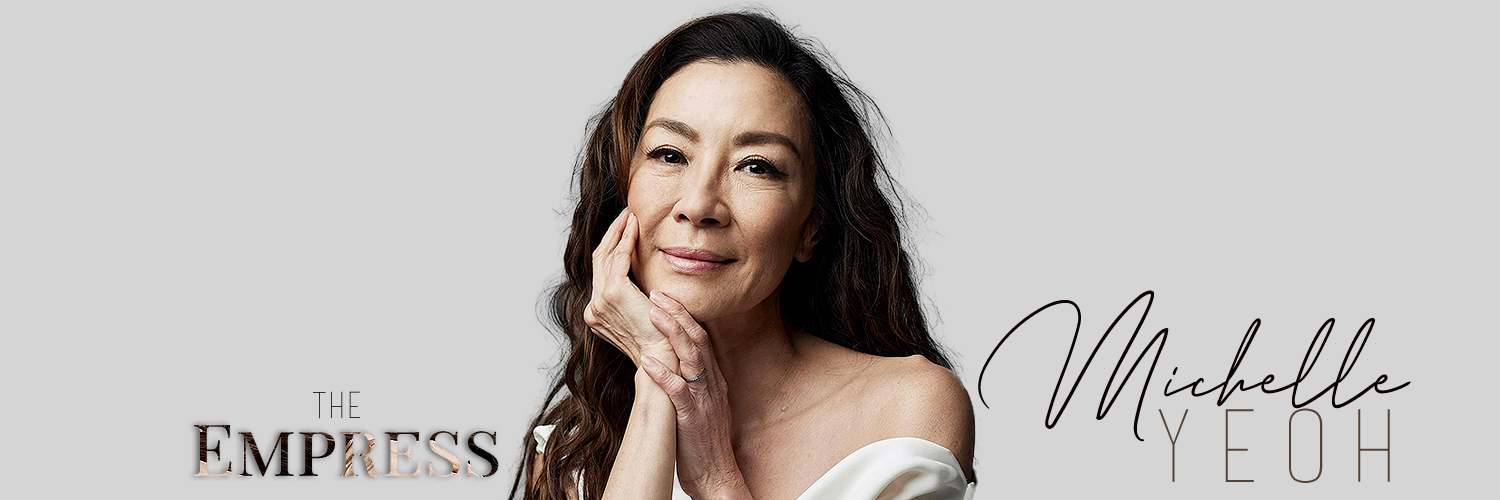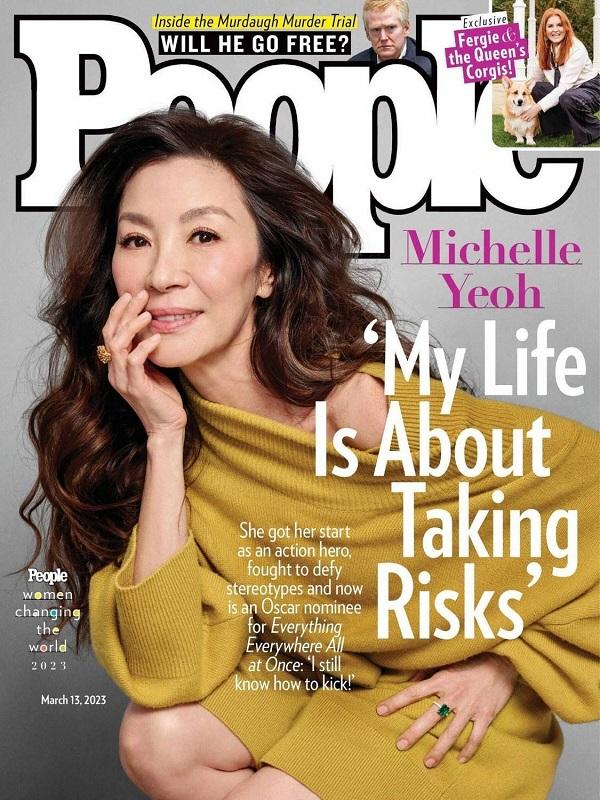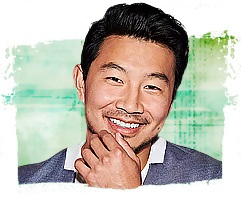
Michelle Yeoh on Her Journey from Action Hero to Oscar Nominee: ‘Is It Really Happening to Me?’
Jason Sheeler
March 1, 2023

The Everything Everywhere All at Once actress gets personal about being seen — and how fighting stereotypes has changed Hollywood for the better.
Michelle Yeoh is an icon. Some Americans may be only recently recognizing what an icon she is, but for a large part of the globe, her fame has been growing for 40 years. Yeoh cut her teeth in dozens of Hong Kong martial-arts films in the ’80s and ’90s.
But, at 60, after more than 40 films totaling nearly $4 billion at the box office — most in the action genre and most of those (Crouching Tiger, Hidden Dragon, Shang-Chi and the Legend of the Ten Rings) involving Yeoh’s signature roundhouse kick — she is now nailing a career high: a Best Actress Oscar nomination for the trippy, sci-fi-multiverse-meets-family-drama film Everything Everywhere All at Once.
Many have noted that this is a rightful career punctuation mark for Yeoh. (The same people are still harrumphing at her Oscar snub for Crazy Rich Asians.) But anyone who really knows her — including Yeoh herself — will tell you she’s only getting started.
But it’s what she did before she first found fame that molded her the most. “I’m very physical,” she tells PEOPLE in this week’s issue, waving her arms. “Look at how I speak! As a child, I was very sporty: ballet, diving, squash. Squash is not a game you play lightly.” She chuckles and flexes playfully. “And I was the junior champion in Malaysia.”
Yeoh grew up in the city of Ipoh, known for tin mining. Her father, Kian Teik, was a lawyer and politician, and her mother, Janet, a former beauty queen. Yeoh left Malaysia at 15 to study ballet at the Royal Academy of Dance in London. Not long after, a spinal injury derailed her promising dance career.
After she returned home, a quick succession of victories shifted her fate: Her mother entered her in the 1983 Miss Malaysia pageant. She won. That led to an audition for a commercial with Jackie Chan. She booked it. Soon after, Yeoh was cast in her first movie in Hong Kong: as a woman in need of saving, in the action-comedy The Owl vs. Bumbo.
“When I started off in 1984, women were relegated to being the damsel in distress,” she says. “We need to be protected, according to our guys. But then I would go, ‘No, guys, I think we can protect ourselves pretty well. And if push comes to shove, maybe I can protect you too.’ ”
Yeoh soon reunited with Chan, costarring in Supercop in 1992, which raised her profile in Asian cinema alongside the martial-arts legend. Then Hollywood came calling.
“The first movie I did after I came to America was Tomorrow Never Dies with Pierce Brosnan,” says Yeoh. “James Bond at that point had only been known as macho, and the girls were just the ones with cutesy names.” As Chinese spy Wai Lin in the 1997 film, Yeoh upended the very notion of the “Bond Girl,” saving 007’s life, rejecting his advances and standing on equal footing with the most alpha of males.
After that, the offers poured in. “At that point, people in the industry couldn’t really tell the difference between whether I was Chinese or Japanese or Korean or if I even spoke English,” she recalls. “They would talk very loudly and very slow.” Her refusal to be typecast had consequences. “I didn’t work for almost two years, until Crouching Tiger, simply because I could not agree with the stereotypical roles that were put forward to me.”
eoh’s recent casting as Madame Morrible in the film adaptation of Wicked brings more than the new challenge of singing. “In the past, this role would’ve been for a Caucasian lady,” says Yeoh. “This is what we call diversity, inclusivity. This is how you make it work. It is a natural process — progress, evolution that we can have as storytellers.”
Thinking over the past year — the red carpets, the statues, like her recent SAG Award win (“This is for every little girl that looks like me,” she said in her speech) and now her possible trip to the Oscar stage — what she feels is gratitude.
“A lot of actresses find, as the numbers get bigger, the roles start to dwindle,” she says. “Over the last few years, I’m very proud that we have been breaking away from stereotypes — it’s not just lip service. It is happening. And it’s happening to me.”
Her voice stammers, and tears begin falling. “You go from shock to bewilderment,” she continues. ” ‘Wow, is it me? How can it be me?’ Because I’ve worked with so many amazing actresses who should have had this privilege, and so I am very grateful to be given the opportunity to sit at the table and to be seen.









